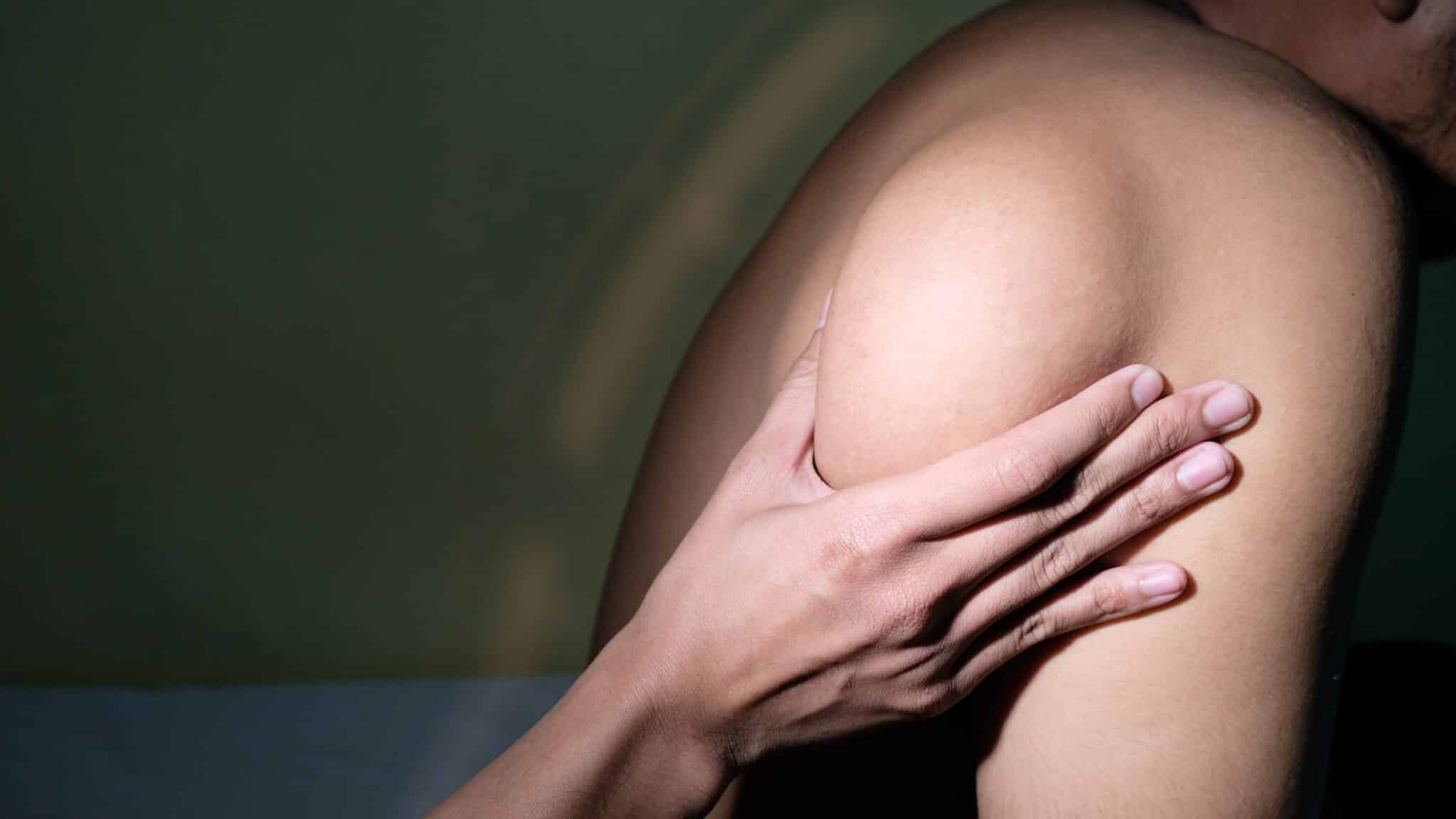
Lipomas are benign fatty lumps that form under the skin. Though they are harmless, they can cause discomfort and be cosmetically unappealing. Fortunately, they can be safely removed through surgical procedures.
However, proper aftercare is essential to ensure a smooth recovery and minimal scarring. In this comprehensive guide, we will walk you through the essential steps for lipoma removal aftercare, from immediate post-removal care to the signs of complications you should look out for.
Immediately after lipoma removal surgery, it is crucial to follow your surgeon's instructions carefully. Here are some general tips to follow:
Wound Dressing: Keep your wound clean and dry. The dressing may be placed in a way that reduces tension across the wound. So you should try to keep the dressing intact. If it loosens or becomes soaked, you should come back to the clinic to have it replaced.
Activity Restriction: Avoid stretching your wound and tension around the area as this may widen your eventual scar.
Compression Garments: In some cases, your doctor may recommend that you wear compression garments to prevent fluid collecting within your wound. Compression garments may also be used later to prevent the formation of keloids.
After lipoma removal, it is common to feel pain and discomfort. To alleviate these symptoms, follow these tips:
Medication: Take the pain medication prescribed by your doctor. Over-the-counter pain relievers like ibuprofen can also help but you only use these in consultation with your doctor and according to their recommended dosage.
Ice Packs: Applying ice packs to the surgical area for 15-20 minutes at a time can help reduce swelling and pain.
Elevation: Elevate the affected area, if possible. This can reduce swelling and improve blood circulation.

A well-balanced diet is essential for proper healing after lipoma removal. You should make some modifications to your diet, as per the guide below.
Nutrient-Rich Foods: Consuming foods rich in vitamins, minerals and protein can support tissue repair. Vitamins A, C, D and E can help with wound healing. Proteins also play a role in wound healing in promoting tissue growth, cell renewal and cell repair. To get all of these vitamins in your diet, you should eat fruits, vegetables, lean proteins like skinless chicken and whole grains.
Avoid Alcohol and Tobacco: Alcohol and smoking can slow down the healing process and increase the risk of complications. You should limit your alcohol and tobacco consumption or stop it altogether. It has been shown that abstinence starting 3-8 weeks before surgery can reduce the risk of postoperative complications like wound and cardiopulmonary complications and infections.
During your recovery period it is crucial to rest well so that your healing can proceed smoothly.
Rest: Get 7 hours or more of sleep each day.
Gradual Return to Normal Activities: Follow your surgeon's guidance on when you can resume daily activities and exercise. Avoid heavy lifting and strenuous activities during your recovery.
Scarring is a common concern after lipoma removal. The surgical technique of your doctor can also determine if you get scars and how bad your scars are. That’s why it’s important to choose a qualified professional.
At 1Aesthetics, we may recommend topicals like silicone gels, retinoids and steroids to help with scar management. We may also recommend neurotoxins and growth factors to improve scar appearance. Polydeoxyribonucleotide and peptide hormone growth factors, for instance, can help with wound healing.
You can also follow a few steps yourself to reduce the level of scarring.
Wound Care: Keep the wound clean and dry to prevent infection.
Scar Creams: Your doctor may recommend scar creams or ointments and you should apply them as directed.
Sun Protection: Protect your wound from direct sunlight because your skin may be more sensitive to sunlight after lipoma removal. Also, sun exposure can darken your scar. You should stay at home as much as possible during your recovery period but if you have to go out make sure you use sunscreen to protect yourself from UV rays.
Massage: Gentle massaging the scar tissue may help break down collagen and improve the appearance of the scar over time. However, it’s important to note that massaging should only be done under your doctor’s advice and recommendation as it may worsen your scar if done too early. If you have had injections like growth factors and neuroxtoxins, for example, they will factor these into your recovery and whether massaging helps.
If you follow your doctor’s instructions and take care of your wound, your healing should go well. However, you should not be complacent and look out for signs that could indicate complications. If you have any underlying medical condition that could affect your healing, like diabetes, it is especially important to be vigilant.
Infection: Watch for signs of infection, such as increased redness, swelling, pain, or discharge from the wound. Contact your doctor immediately if you suspect an infection.
Excessive Bleeding: If you experience significant bleeding, you can apply gentle pressure to the wound to reduce this. However, you should seek medical attention promptly.
Delayed Healing: If you notice that the wound is not healing as expected or if you develop a fever, contact your doctor.
Follow-Up Appointments: Attend all scheduled follow-up appointments with your surgeon. These visits are essential for assessing your healing progress and addressing any concerns.
At 1Aesthetics, we understand the various concerns of patients with lipoma, from their health to worries about scarring. That’s why even before the surgery, we will explore what are the best ways to reduce the possibility of scarring, using and combining approaches like hidden incisions, injections and surgery.
After surgery we’ll take the time to provide instructions that suit your specific lipoma area and health condition.
Address:
1Aesthetics, Medical & Surgery
#14-90 The Central Tower 1
8 Eu Tong Sen Street
Singapore 059818
Mon-Fri 10 AM to 730 PM
Sat 10 AM to 6 PM
Phone / WhatsApp:
+65 66125173 / +65 84899962
Email:
[email protected]